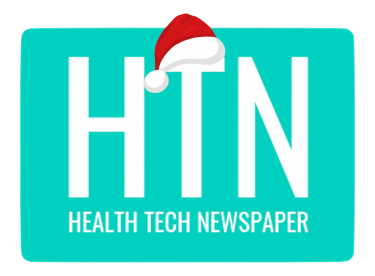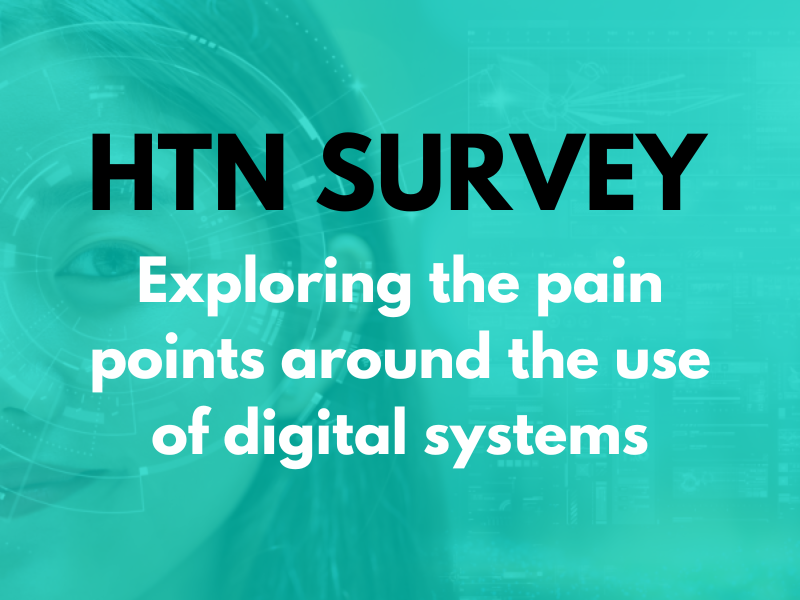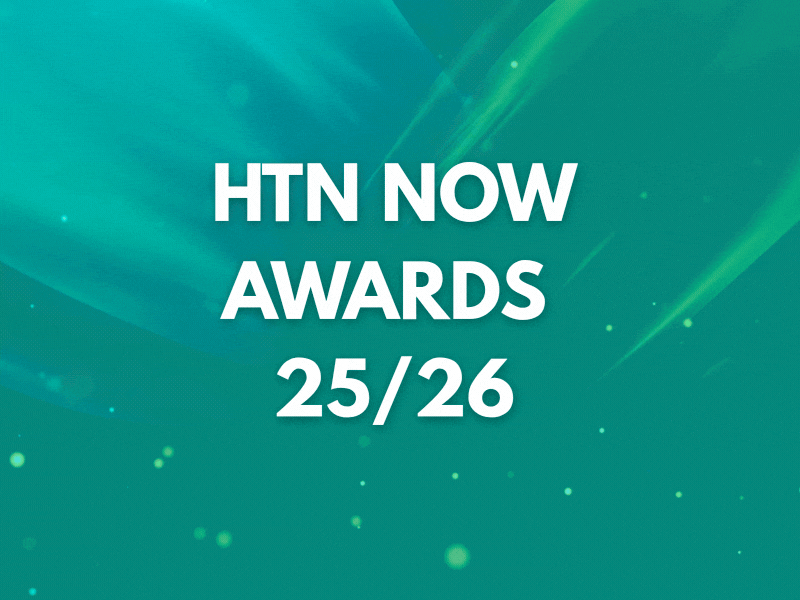We began day two of the HTN Now 2021 series with a Tuesday morning talk from Paul Charnley, Digital Lead for Cheshire & Merseyside Health & Care Partnership.
Paul shared his team’s learnings and processes openly, highlighting for context how Cheshire & Merseyside is a “large and complex system…second or third biggest of the STPs (Sustainability and Transformation Partnerships) when they were set up.”
The partnership is quite unique in scope, covering a vast area and variety of places including Liverpool City Region, Mid Mersey area, Cheshire and the Wirral. This encompasses “lots of organisations” including “five mental health trusts, 13 hospitals, nine CCGs (clinical commissioning groups), nine councils and…an ambulance service”.
As a digital lead, Paul spoke of both the “extensive need to have all these organisations work together in our system”, but also the concept of place and areas having their own priorities and projects.
“We also have a set of overarching groupings, which make it quite interesting to keep the whole of Cheshire and Merseyside on the same page sometimes,” he said.
Collaborative approaches to digital work include channeling data flows from several EPRs (electronic patient records) into a “single intelligence platform”.
Paul also emphasised the importance of utilising the data: “That allows us to pull together the impact of the pandemic on our services and to understand the underlying population characteristics so that we can help target interventions.
“For instance, the flu vaccines…to make sure that those were emphasised. I’m not sure it’s entirely due to that but the rate of flu has been, thankfully, much lower this year. In part, that may have been due to our efforts to get the vaccinations sorted.”
Paul went on to detail how he was working as CIO (chief information officer) at Wirral University Hospital early last year, when the first COVID-19 patients arrived from Wuhan, China. He admitted that, since spending 24 hours setting up equipment to accommodate that scenario, “it doesn’t seem to have stopped.”
Discussing some of the biggest challenges and successes at the beginning of the pandemic, Paul told us: “Within eight weeks…we took on video consultation, we reduced the number of face-to-face contacts during that period down to 75% less outpatient appointments.
“We established services online for people who were looking for wellness and mindfulness and trying to help with the anxiety and stress caused by the pandemic.
“We also created a platform which gives us intelligence across the partnership…we shifted at least 20% of the workforce off the premises across those two to three weeks…trained 2,000 people inside of a couple of weeks in the use of Teams. And within the first week or so, cancer MDTs (multi-disciplinary teams) had moved from video conferences in the old-style – all in the same room – to distributed MDTs using Teams. And it was clinicians that led that change.”
A particular stand-out from the many impressive initiatives and projects Paul mentioned is ‘doc on wheels’. Using it as an example of providing remote consultations and access to clinicians he said: “An award-winning link between the women’s hospital [Liverpool Women’s NHS Foundation Trust] and children’s hospital in Liverpool [Alder Hey Children’s Hospital] with a ‘doc on wheels’, which allows remote consultation around neonates…and that has really helped with the care of those vulnerable neonates.”
Watch Paul’s full presentation in the video below:






